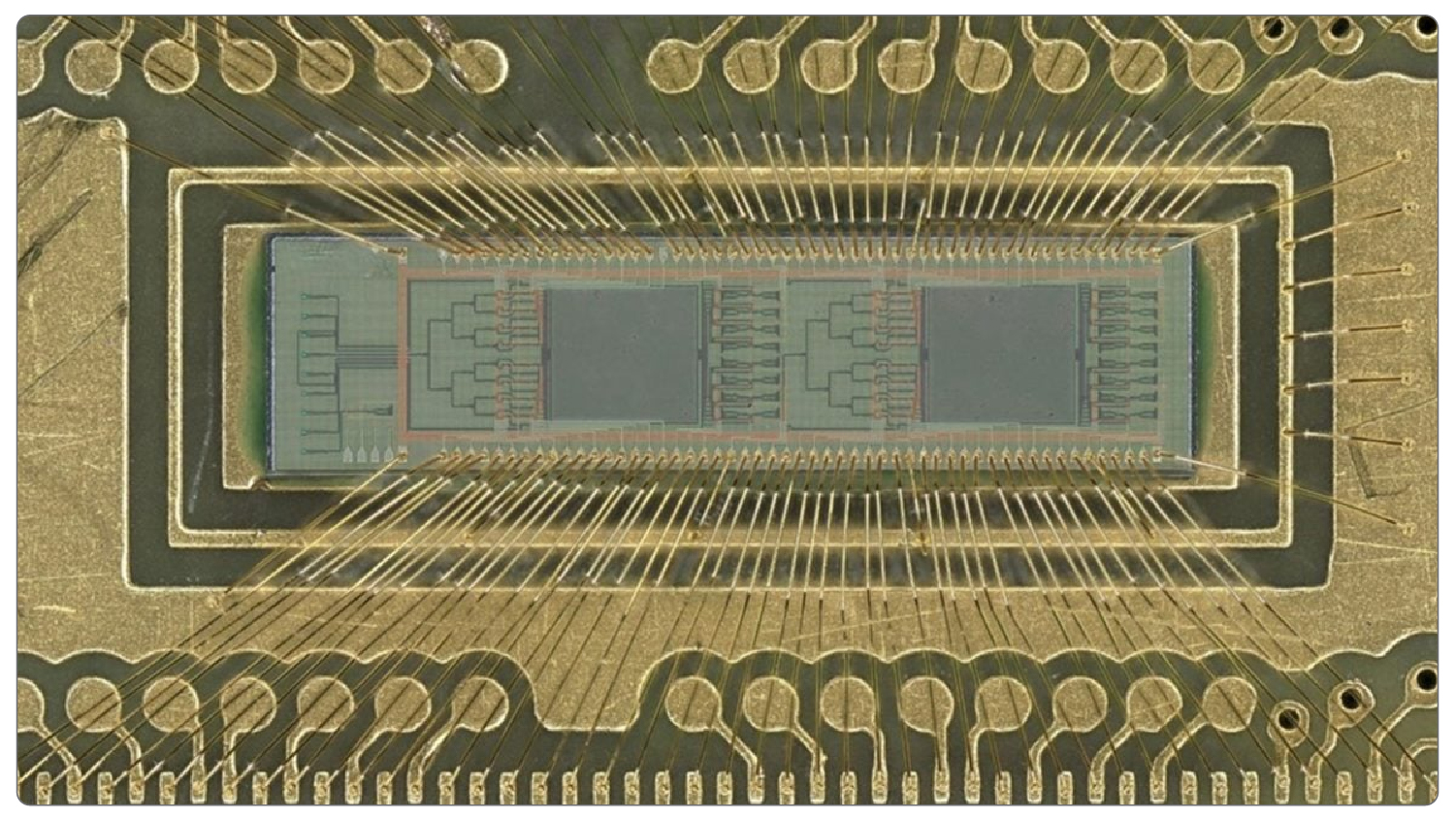AI Just Got 100x Faster — Thanks to a New Light-Based Chip
A group of engineers has created a novel computer chip. This chip relies on light rather than a conventional source like electricity to carry out functions of AI, which is mainly used for identifying images and detecting patterns that lead to insights about the datasets.

By shifting to the light spectrum, the chip needs much less energy. It achieves efficiencies that are 10-100 times higher than today’s chips, which mostly work on energy-intensive sources and repetitive calculations. This innovation can further support the development of highly advanced and capable AI models by offering smooth power sourcing and reducing the strain placed by AI models on conventional power grids to gain energy. The central process by which AI utilizes and interprets data in the form of images, videos, and written texts in every language is known as Convolution, which is a key operation involved in this process to work efficiently with a precise outcome. However, the process is highly energy-intensive and time-consuming as well. Thus, the new design resolves this drawback by integrating tiny lenses and lasers directly onto PCB’s enabling the chip to complete these computations with marginally less energy and higher speed than ever.
A leading professor in semiconductor photonics at the University of Florida, Mr. Volker J. Sorger, said, “performing key machine learning computations at near-zero energy is a leap forward for future AI systems. This is critical to keep scaling up AI capabilities in the years to come.”
Mr. Sorgers’ team has collaborated with researchers at UF’s semiconductor institute, Los Angeles, the University of California, and George Washington University. And the team unveiled their findings by publishing them in the journal Advanced Photonics.
This lens-powered convolution system is highly efficient in terms of computations and reduces the computing time by using light instead of electricity. A team designs this chip in a way that it could use various colored lasers to process multiple data streams simultaneously, which is a key advantage of photonics. In the upcoming period, chip-based optics will become a vital part of each AI chip we use daily, and optical AI computing will be the next avenue to master it.